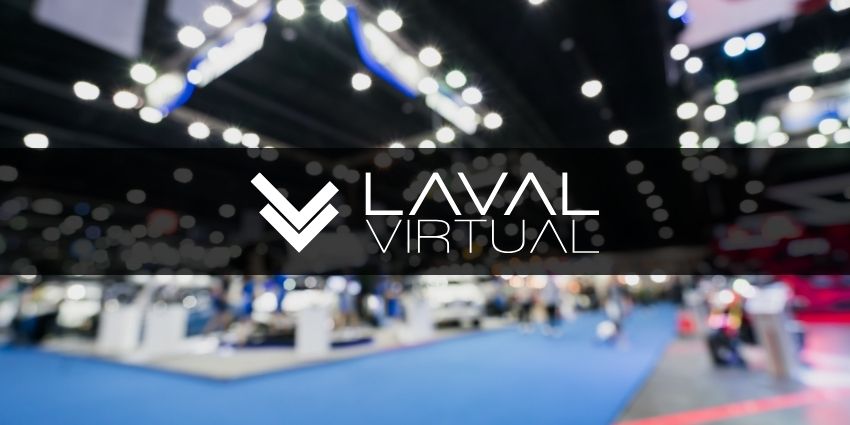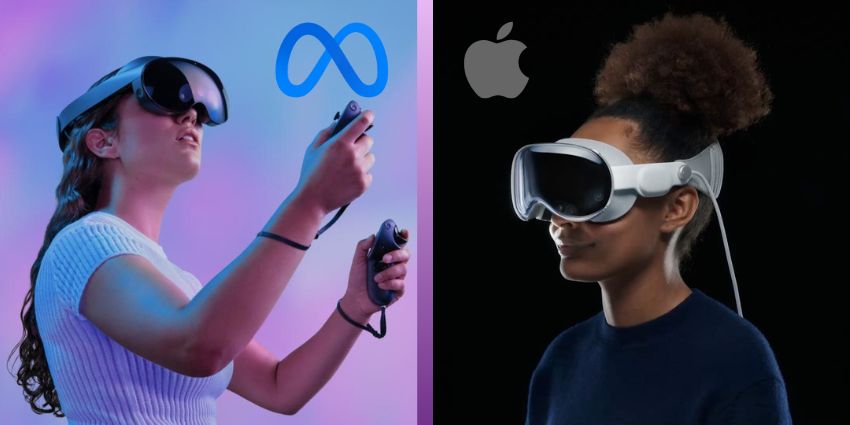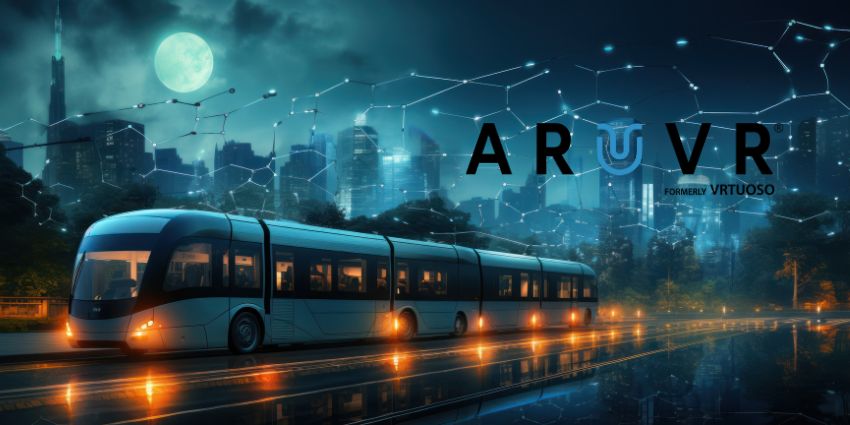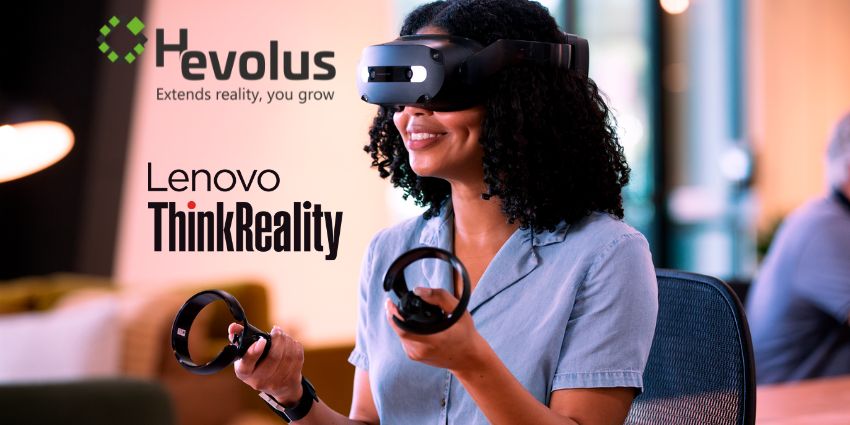This week, Microsoft continued its roadmap of introducing emerging workplace tools to its worldwide lineup of clients; most recently, the firm distributed AI tools across Siemens’ workforce. In 2023, Siemens is keen to showcase its innovations in integrating emerging technology solutions to improve workplace procedures. Notably, the firm is also adding industrial Metaverse and digital twin solutions to its business as it adopts CoPilot AI.
The move deepens the partnership between Microsoft and Siemens with a purpose-built Siemens Industrial Copilot solution. The new product is an AI assistant that aims to improve human-machine collaboration in manufacturing.
The Siemens Industrial Copilot solution also comes alongside the integration launch of Siemens Teamcenter software – integrated with Microsoft Teams – that enables the industrial Metaverse, according to Microsoft, by simplifying virtual collaboration procedures for “design engineers, frontline workers, and other teams across business functions.”
Siemens Teamcenter for Microsoft Teams will debut at the start of December 2023 for general availability. The software also leverages genAI to connect different groups of frontline workers while also assisting each party in collaborating on product design and manufacturing workflows by improving accessibility to mission-critical factory data.
A combination of Siemens Industrial Copilot and Siemens Teamcenter sets up a foundation for an in-house industrial Metaverse service by leveraging immersive collaboration technology, digital twins, and AI. An industrial Metaverse service is made up of many parts which enable various enterprise use cases, such as remote guidance, remote design meetings, and reduced on-site inspections that Siemens wishes to gain with its emerging technology portfolio.
For example, Siemens notes that its Industrial Copilot is ready to boost worker productivity and efficiency by using natural language models based on CoPilot to provide detailed repair instructions for engineers.
Satya Nadella, the Chairman and CEO of Microsoft, added:
With this next generation of AI, we have a unique opportunity to accelerate innovation across the entire industrial sector. We’re building on our longstanding collaboration with Siemens and bringing together AI advances across the Microsoft Cloud with Siemens’ industrial domain expertise to empower both frontline and knowledge workers with new, AI-powered tools, starting with Siemens Industrial Copilot.
Additionally, Roland Busch, the CEO of Siemens AG, said:
Together with Microsoft, our shared vision is to empower customers with the adoption of generative AI. This has the potential to revolutionize the way companies design, develop, manufacture, and operate. Making human-machine collaboration more widely available allows engineers to accelerate code development, increase innovation and tackle skilled labor shortages.
Bringing Immersive Tech to Industrial Clients
The partnership is bringing new opportunities directly to Siemens’ workforce. Also, the partners envision their collaboration as having a positive impact on multiple other industries and companies.
According to Microsoft’s press release, both parties foresee other industries following Siemens’s actions in bringing an in-house CoPilot solution into the workplace and, therefore, other emerging workplace services.
Microsoft’s AI/industrial metaverse emerging services can help professionals in various industries, including manufacturing, infrastructure, transportation, and healthcare, the firm notes. On the other hand, Microsoft explains that there are numerous firms planning on leveraging CoPilot very soon in manufacturing sectors, such as automotive, consumer package goods, and machine building.
Leading automotive supplier Schaeffler AG is an example Microsoft highlights as the “first in the automotive industry” to leverage genAI services in its engineering phase. Moreover, Schaeffler AG is planning on leveraging Siemens Industrial Copilot, highlighting how enterprise collaborations can have a trickle-down effect on other vertical markets.
Klaus Rosenfeld, the CEO of Schaeffler Group added:
With this joint pilot, we’re stepping into a new age of productivity and innovation. This Siemens Industrial Copilot will help our team work more efficiently, reduce repetitive tasks, and unleash creativity. We’re excited to partner with Siemens and Microsoft on this project.
Siemens’ Invementment into the Industrial Metaverse
The news comes as Siemens works on a massive investment strategy to create an industrial Metaverse service valued at roughly €2 billion, with an accompanying plan to allocate €1 billion to build facilities. The initiative is back nationally via plans to boost German innovation capacity.
Siemens’ Erlangen-based Technology Campus is part of its industrial Metaverse roadmap as a space for employees to collaborate globally on research and development (R&D) via €500 million to boost manufacturing capabilities. The technology and infrastructure firm wants the facility to become “the nucleus of global technology activities for the industrial metaverse.”
Siemens also aims to expedite growth, innovation, and resilience with its X and Web3 technologies via its industrial Metaverse journey; with the €2 billion investment, Siemens and its partners will develop innovation labs, education centres, manufacturing, and other verticals for Industry 4.0.
Siemens is also working with NVIDIA to include digital twin technology into its workflows. In April, Siemens announced that it would leverage NVIDIA’s Omniverse platform to create digital twins of FREYR’s gigafactories – a partner that develops batteries.
In an exclusive interview, Gerhard Kress, Vice-President, Xcelerator Portfolio and Digital Business, Siemens added:
This is an ecosystem play, and our Xcelerator programme is about [creating] portfolios and open standards that multiple parties can leverage. For us, it’s also about creating digital platforms, where collaboration can take place to avoid a future scenario where problems are solve 1,000 times over. We will make more profit and progress if APIs, apps, and digital assets are shared on a global basis. For the industry to use applications across water, wastewater, food, and beverage plant in industrial infrastructure, collaboration is key to making more progress in the future using these technologies.
Kress also explained that, for enterprise, “it was really exciting to see high-definition graphics and an immersive experience put together with a physics-based model. Whilst not at the quality of gaming graphics, the digital twins created lifelike, physics-based models from production lines.”
Moreover, Kress concluded, explaining the importance of industrial Metaverse and the influence of enterprise focus on immersive tech by adding:
My takeaway is that this is already gathering pace and momentum. I’m really interested to see the rest of the event to see what use cases come up, which are key to propagate the industrial metaverse beyond its early stages.







